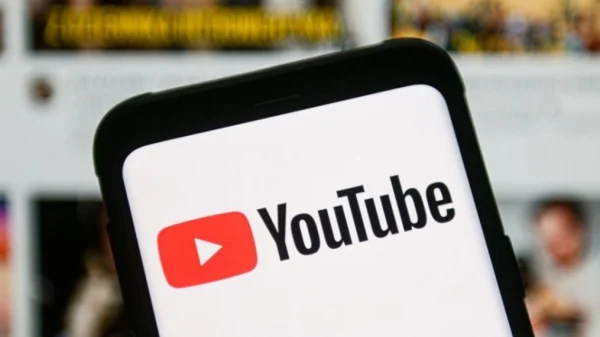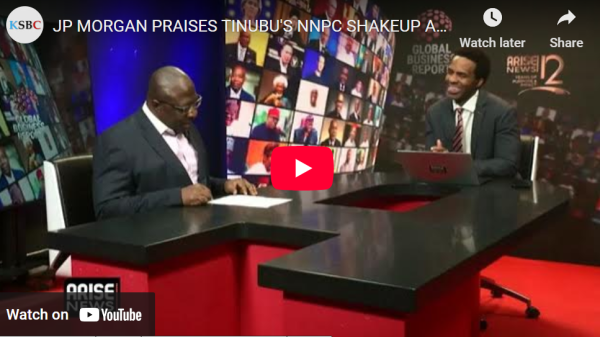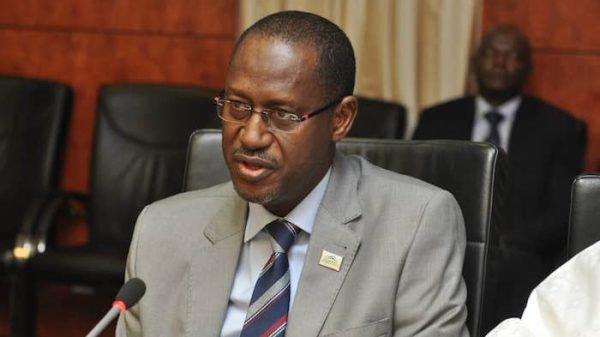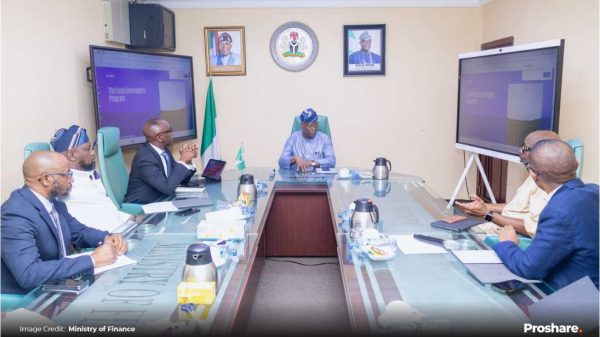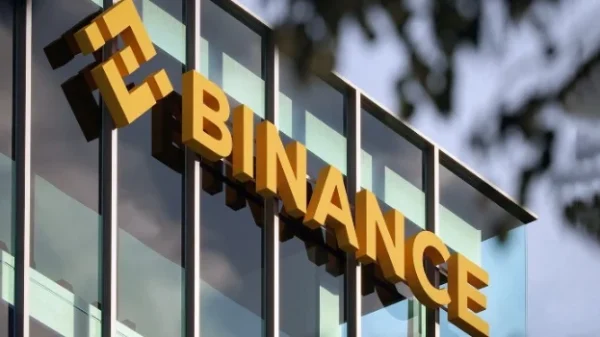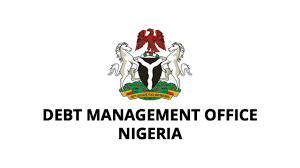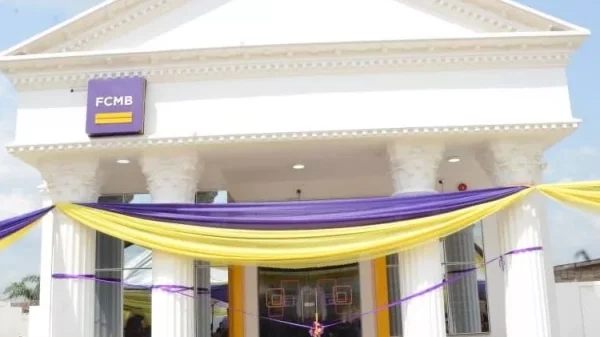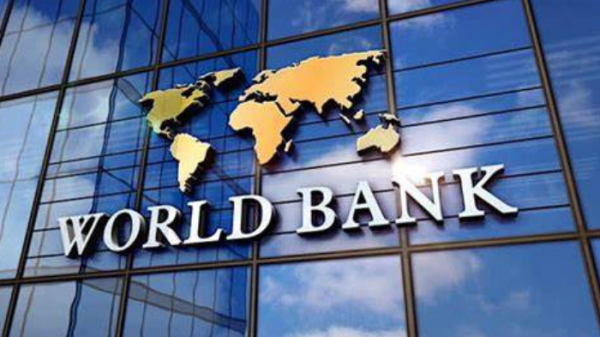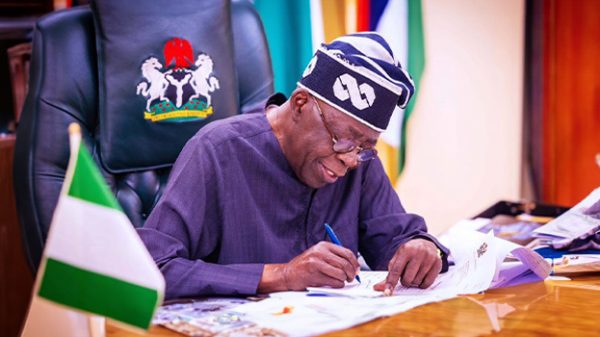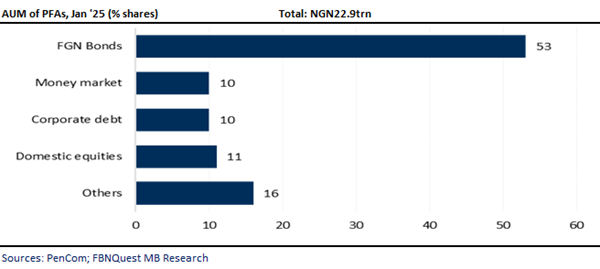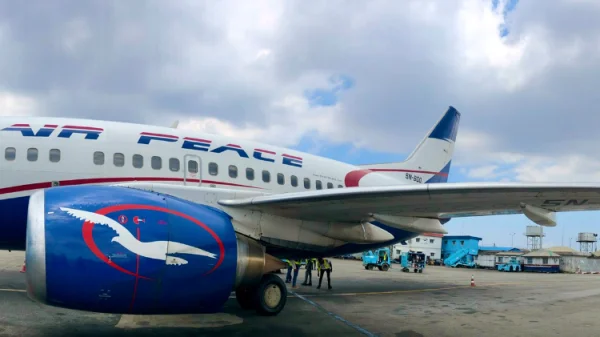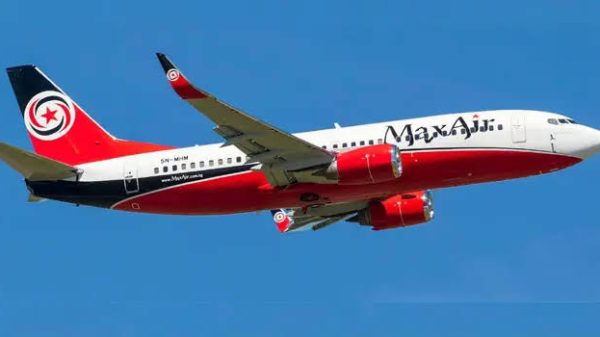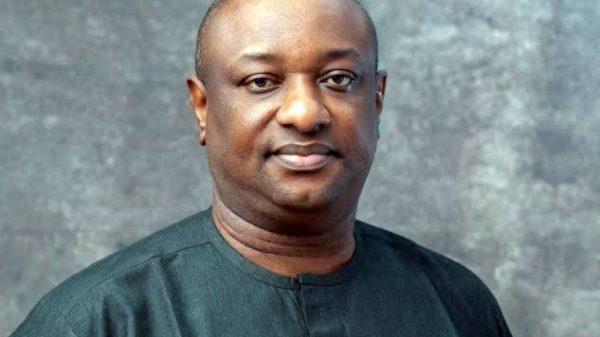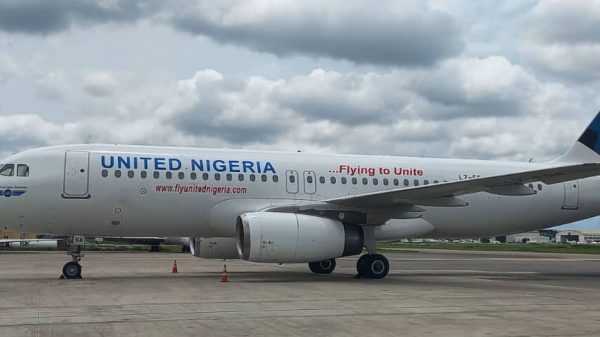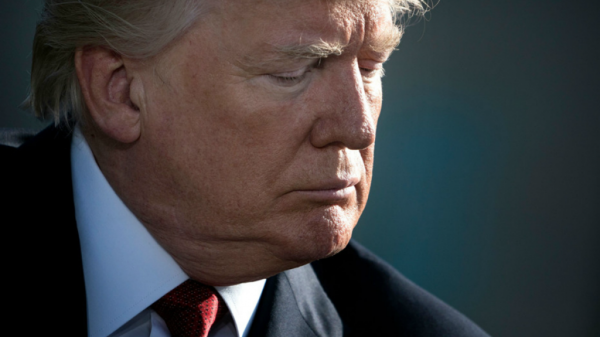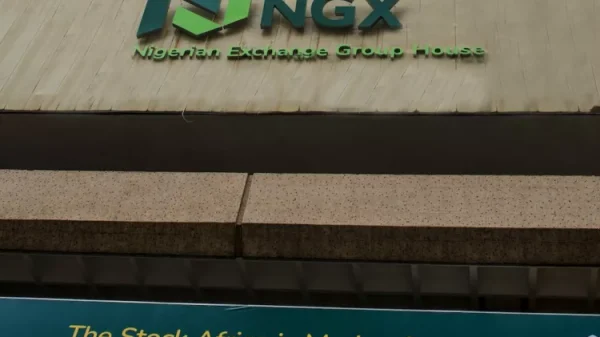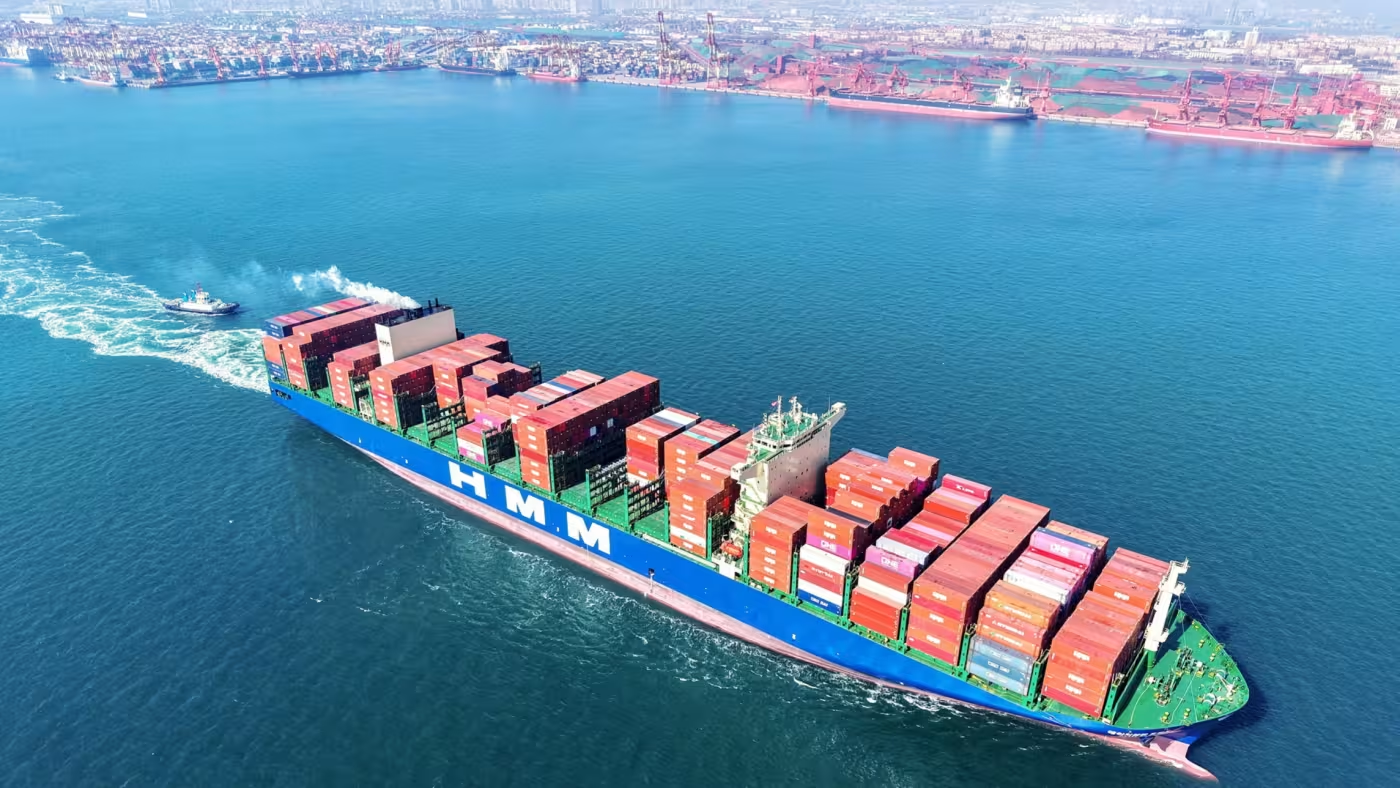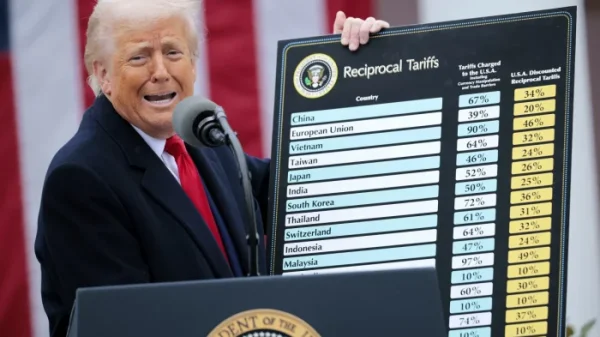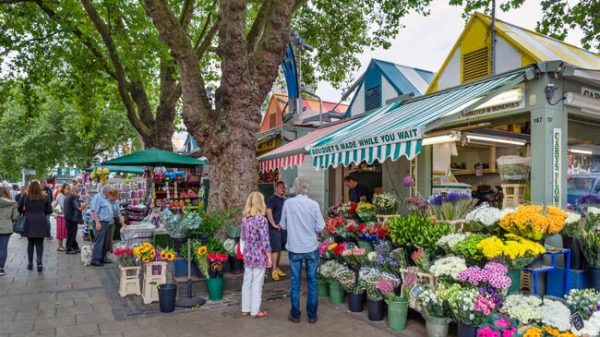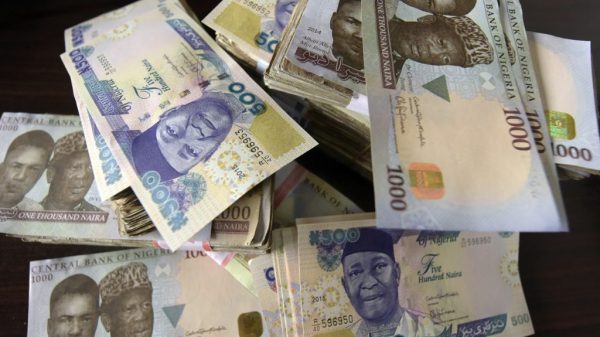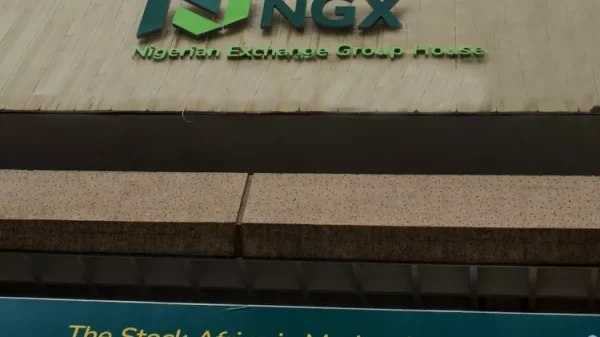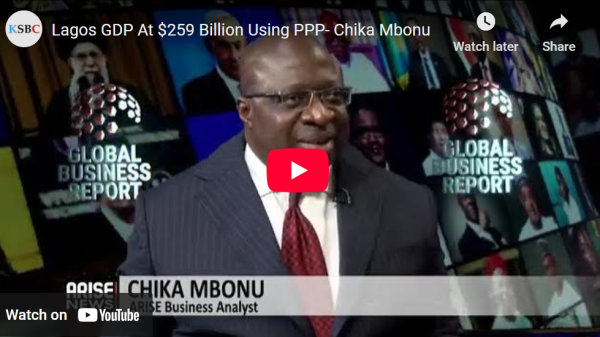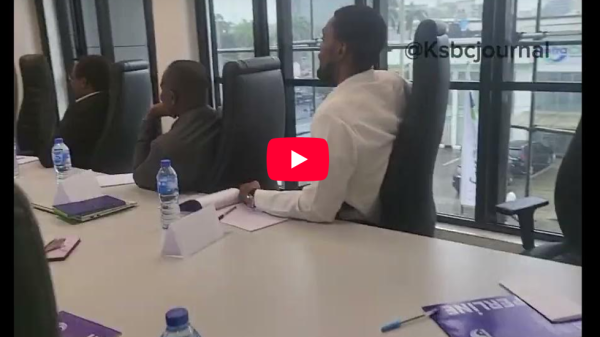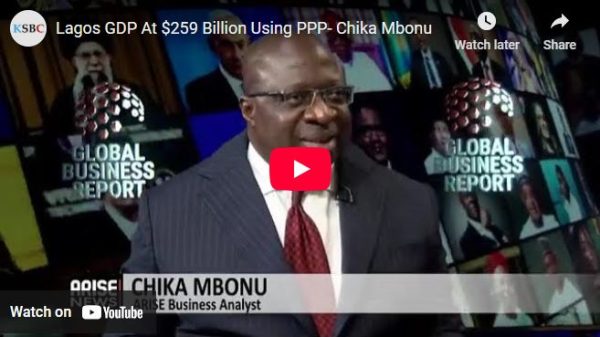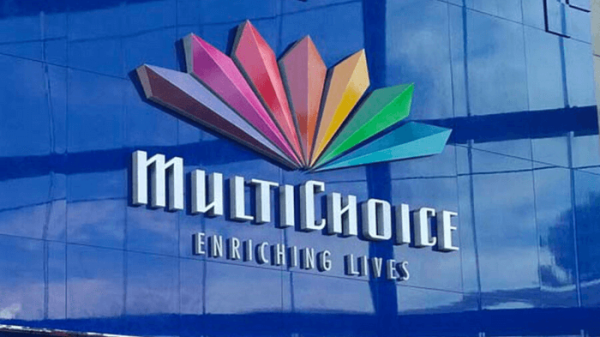In television series, it’s called a cliffhanger – an ending designed to keep viewers hooked. On 4 March Canal+ provided exactly that by delaying its $2.9bn takeover bid for MultiChoice, a South African pay-TV giant, by six months.
The deadline has been moved from 8 April to 8 October. Cliffhangers may delight TV audiences, but they rarely please investors.
Financial results published on 4 March showed revenue rose 3.6% to $7bn, but analysts are anxious about the MultiChoice deal’s uncertainty. Canal+ shares, listed in London since 16 December, fell by 21%.
Yet Africa holds Canal+’s future. Subscription revenue provides nearly 80% of its income. In Europe, subscribers dropped 0.7% in 2024, but rose 2.5% in Africa and Asia – helped by rapid expansion in fibre broadband through Group Vivendi Africa, its fibre arm, whose subscribers jumped 50%.
On 4 February, the leading pay-TV providers from French-speaking and English-speaking Africa unveiled a complicated deal to satisfy South Africa’s strict regulations. For months, Canal+’s CEO Maxime Saada has been emphasising the importance of the acquisition. The fate of both Canal+, where Vincent Bolloré remains influential, and Africa’s TV industry as a whole now depends on regulators in Pretoria.
1. Why does Canal+ need this deal?
Canal+’s future hinges on Africa. In early 2024, the continent accounted for 16% of revenue and 30% of the group’s roughly 26 million subscribers. Established locally for over 30 years, Canal+ leads in over 20 French-speaking sub-Saharan countries. MultiChoice dominates English-speaking Africa, despite recently losing subscribers. Combining both groups would create an African powerhouse, making a “significant impact” on Canal+’s finances globally and regionally, as its investor briefing stated in November 2024.
The French broadcaster also badly needs good news. Back home, on 19 February, France’s top administrative court confirmed that Canal+ channel C8 must close from 1 March. This setback, coupled with the end of a partnership with Disney, will hurt financial performance in 2025, the group has warned.
Canal+ has just split from its parent, Vivendi, which previously covered the losses of its media division (a $17.4m net loss in 2023). The unaudited figures published on 4 March were Canal+’s first since becoming independent.
Africa’s population will grow from 1.2 billion today to 2 billion by 2050. Pay-TV subscribers are expected to rise from 43 million to 55 million by 2029. The global future of the market depends increasingly on Africa, where Canal+ and MultiChoice – once near-monopolists – now feel competition heating up.
2. Who else is competing in Africa’s pay-TV market?
After years of seeking a clear strategy, China’s StarTimes, which arrived in 2008, is growing stronger. By 2028, it could have 19 million subscribers, just behind MultiChoice’s predicted 21 million, according to Digitaltvresearch, a market research firm.
Yet Canal+ executives see American streaming services as their real rivals.
Although Amazon Prime pulled out of Africa in early 2024, just a year after launching, Netflix could take 45% of the video-on-demand subscription market, according to the same analysts.
This segment is still small due to poor digital infrastructure across many African countries. But the growth potential is huge, given that penetration remains at just 2%. By buying MultiChoice, Canal+ aims to achieve the scale it needs to fight competitors with 200-300 million subscribers globally.
3. Why create a separate company in South Africa?
The takeover is complicated because broadcasting touches politically sensitive areas, notably South Africa’s Broad-Based Black Economic Empowerment (BBBEE) laws, introduced after apartheid.
Under the Electronic Communications Act, foreign firms cannot own more than 20% of voting rights in a company holding a broadcast licence. Canal+ already holds 45.2% of MultiChoice and, on 4 June 2024, launched a mandatory bid for the rest of the shares.
To comply with these rules, the two companies plan to establish LicenceCo, a separate entity that will own the broadcasting licence. To meet BBBEE regulations, LicenceCo will be majority-owned (27%) by Phuthuma Nathi, an investment fund for Black South Africans, which already owns 25% of MultiChoice South Africa.
Nathi recently appointed two new directors – IT expert Peter Zimri and compliance specialist Lerato Pule – to ensure compliance throughout the deal.
4. Could Vincent Bolloré’s divisive image derail the deal?
Despite Vivendi’s recent split into four entities – Canal+, Havas, Louis Hachette Group and Vivendi – Bolloré Group remains the dominant shareholder in Canal+. Yannick Bolloré, Vincent’s son, chairs Canal+’s supervisory board.
Could Vincent Bolloré’s controversial political positions, such as his support for France’s hard right, pose problems? “I doubt it,” says Jean-Michel Huet of BearingPoint, a consultancy. “Economic interests trump politics. This deal is a game-changer for the sector, the continent and both companies involved.”
To strengthen its position, Canal+ has secured two Black South African investors in LicenceCo: Sipho Maseko via Afrifund Investments and Sonja de Bruyn of Identity Partners. Maseko spent 14 years in telecoms and Bruyn has 25 years in investment banking.
A South African source adds: “Given recent tensions with Washington, Pretoria might welcome Canal+ as a counterweight to American giants. The timing favours the deal.”
5. How would the acquisition affect African TV production?
If the takeover goes through, some producers fear Canal+/MultiChoice’s near-monopoly across the continent. Several experts see this as crucial for African content to survive against dominant American players.
Both Canal+ and MultiChoice already invest heavily in African productions and studios. They promise that merging will increase the amount of African-made content shown on their channels.
Huet sees this merger as essential for Africa’s digital presence: “Less than 1% of data used by generative AIs like ChatGPT or DeepSeek probably comes from Africa. As TV production increasingly moves online, African cultures risk disappearing entirely from these models. Canal+’s takeover could help ensure Africa has a champion capable of influencing this critical sector.”


